Hong Kong to end mandatory hotel quarantine for international arrivals
Sat 24 Sep 2022, 11:05:14
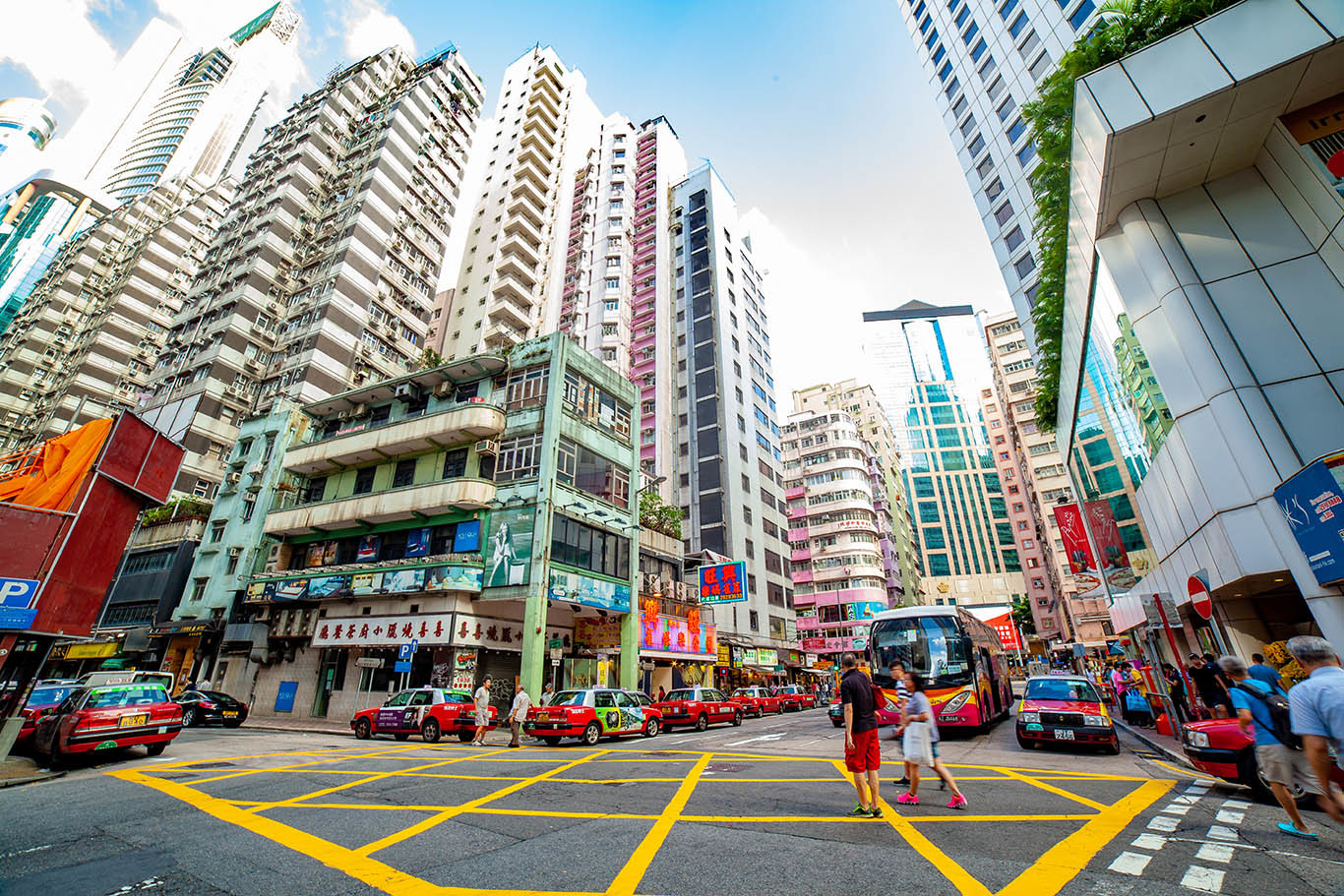
Hong Kong has announced to finally end its mandatory hotel quarantine from Monday, September 26, for overseas arrivals even as mainland China continues to stick with its dreaded zero COVID policy. Incoming travellers under the new plan will only be required to monitor themselves for potential Covid-19 infections for three days at their choice of premises, including their homes or any hotel they book for their stay, with their movement citywide limited.
Chief Executive John Lee Ka-Chiu announced this at a press briefing on Friday, however, he could not provide a road map for Hong Kong to remove all travel restrictions and denied that Hong Kong had shifted from a “dynamic zero-Covid” strategy to coexist with the virus.
The long-awaited lifting of quarantine signals an end to one of the world’s toughest anti-pandemic regimes after more than 2½ years of attempting to control the pandemic under Beijing’s directions. Local media reported that residents celebrated the end of the dreaded hotel quarantine, but said this is not enough and expressed concern that city may take a long time to undo the damage caused by quarantine measures.
The government has come under immense pressure from medical experts and the business community to open up to avoid further losing Hong Kong’s status as a financial hub to rivals. The announcement on Friday came a day after Japan and Taiwan signalled
the easing of their immigration restrictions. Together with the quarantine policies, nucleic acid testing conducted 48 hours before flying to Hong Kong will be replaced with a Rapid Antigen Test before boarding.
the easing of their immigration restrictions. Together with the quarantine policies, nucleic acid testing conducted 48 hours before flying to Hong Kong will be replaced with a Rapid Antigen Test before boarding.
Meanwhile, in mainland China, the Chinese Centre for Disease and Prevention Control has said that Vaccination is the key for China to come out of the dreaded zero COVID-19 policy, urging about 10 per cent of the population yet to be vaccinated to get the jabs for a safe exit out of the pandemic.
China is currently struggling to contain the recurring spikes of COVID-19 virus in different cities prompting health officials to enforce lockdowns disrupting the lives and economy. Dozens of cities were under lockdown and tens of millions of people in some sort of restriction this month, seriously disrupting production and supply chains. All top cities including big ones like Shanghai, and Shenzhen experienced painfully long lockdowns in the last few months.
A recent article published by the Chinese Centre for Disease and Prevention Control said Sustaining optimized protection for a safe, long-term exit of the pandemic will almost certainly require well-timed second booster doses. The design of second booster dose strategy will be based on emerging evidence of the duration of protection afforded by the vaccines.
No Comments For This Post, Be first to write a Comment.
Most viewed from International
Most viewed from World
AIMIM News
Latest Urdu News
Most Viewed
May 26, 2020
Which Cricket team will win the IPL 2025 trophy?
Latest Videos View All
Like Us
Home
About Us
Advertise With Us
All Polls
Epaper Archives
Privacy Policy
Contact Us
Download Etemaad App
© 2025 Etemaad Daily News, All Rights Reserved.



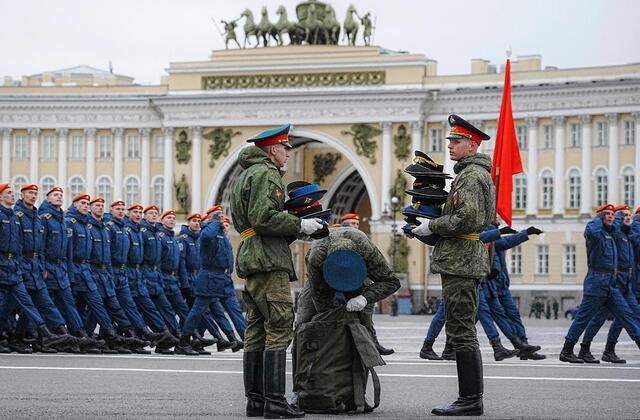
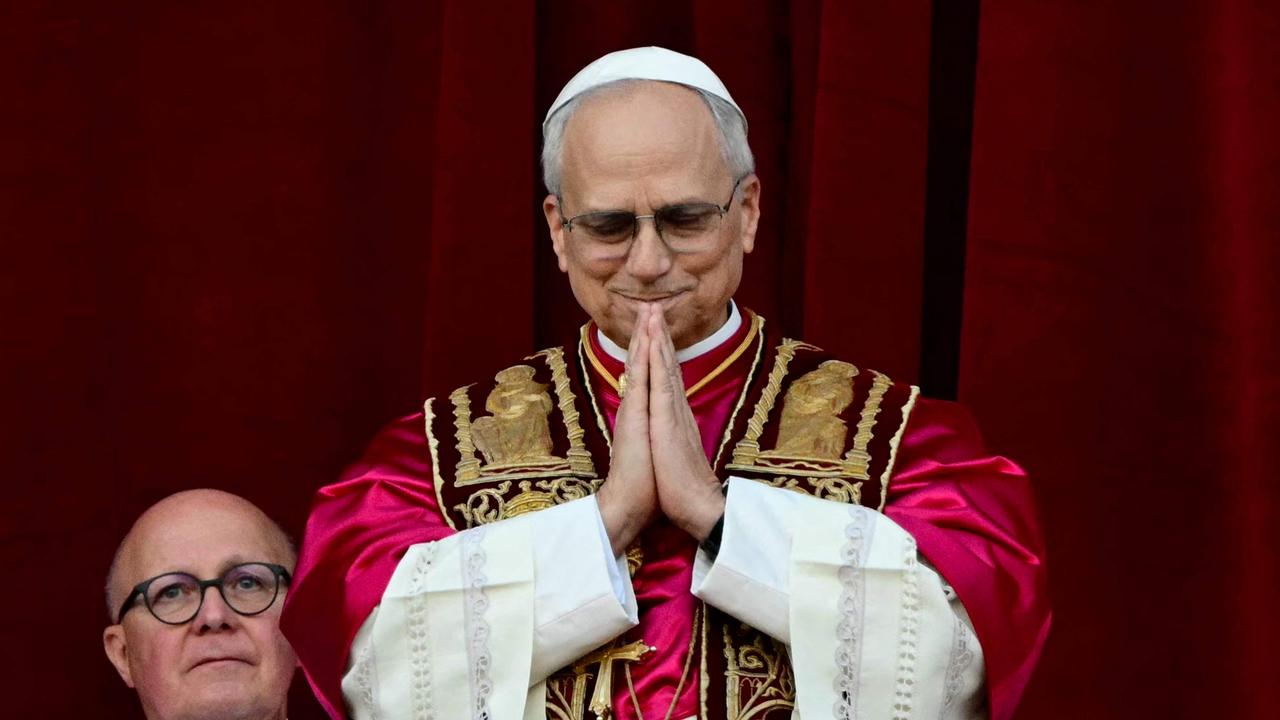

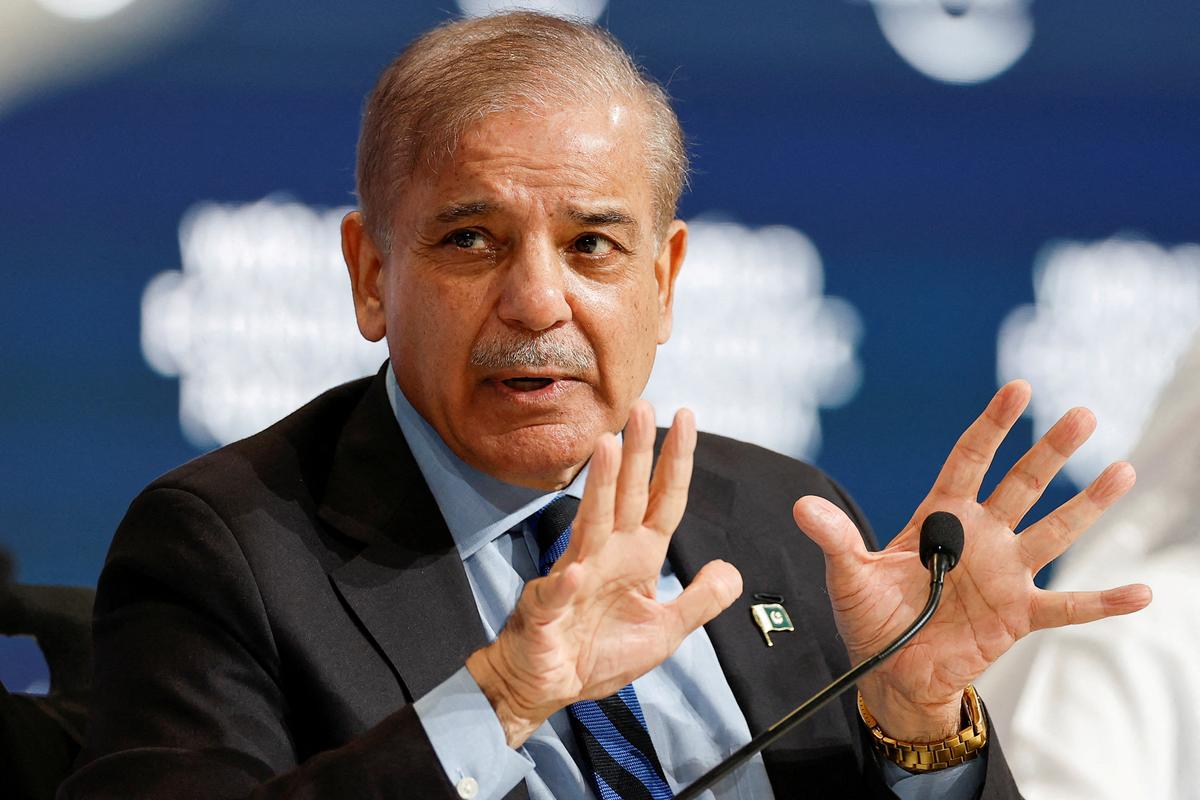
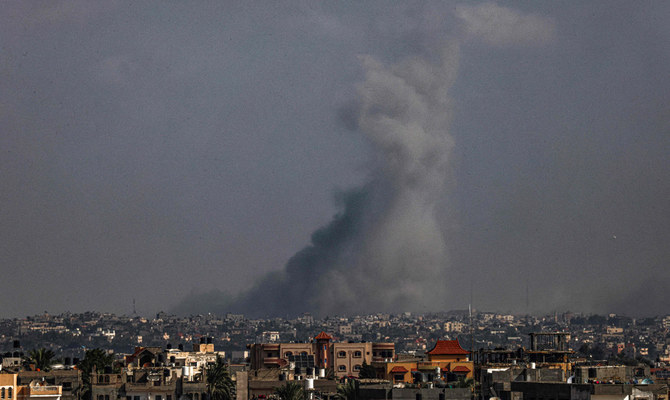

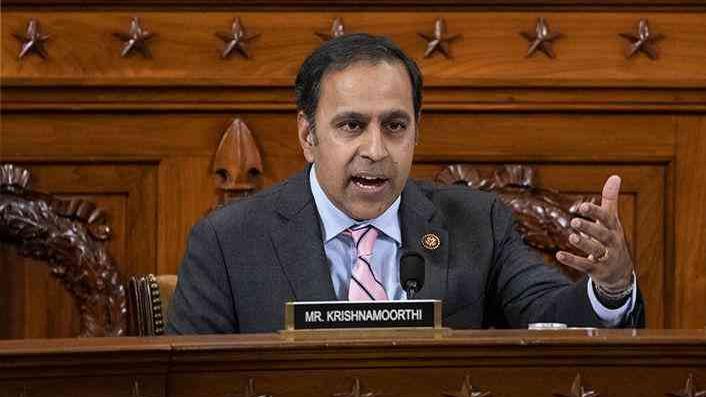

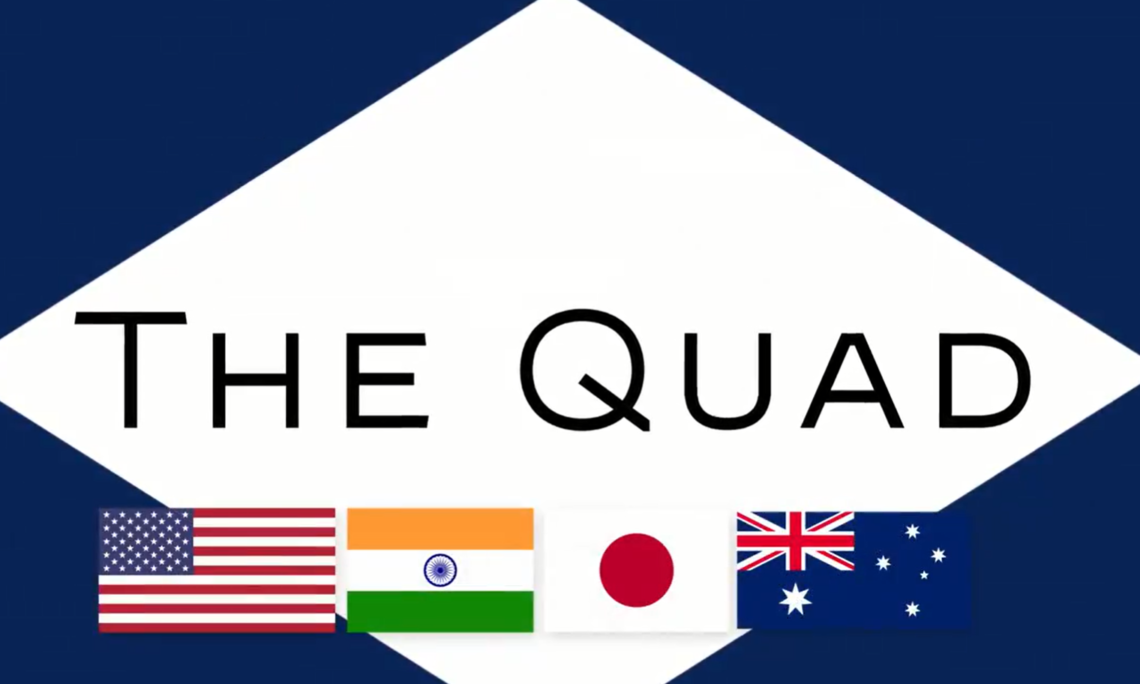





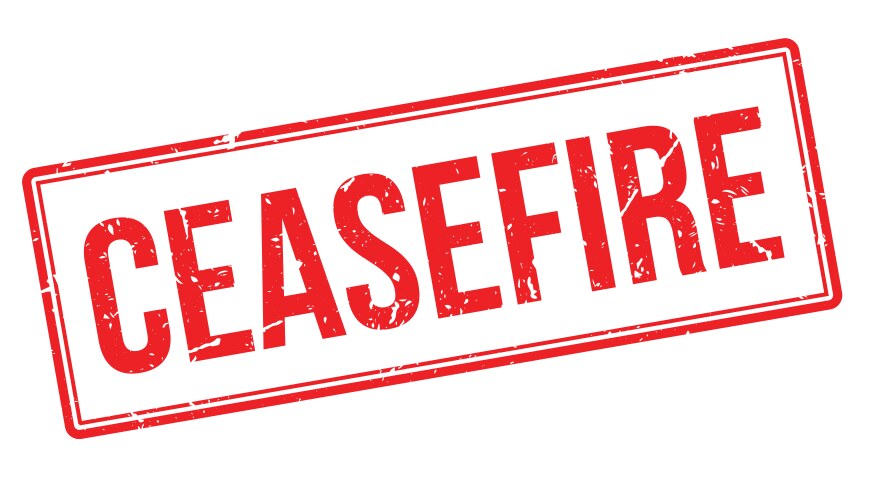

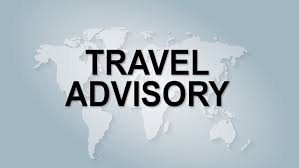
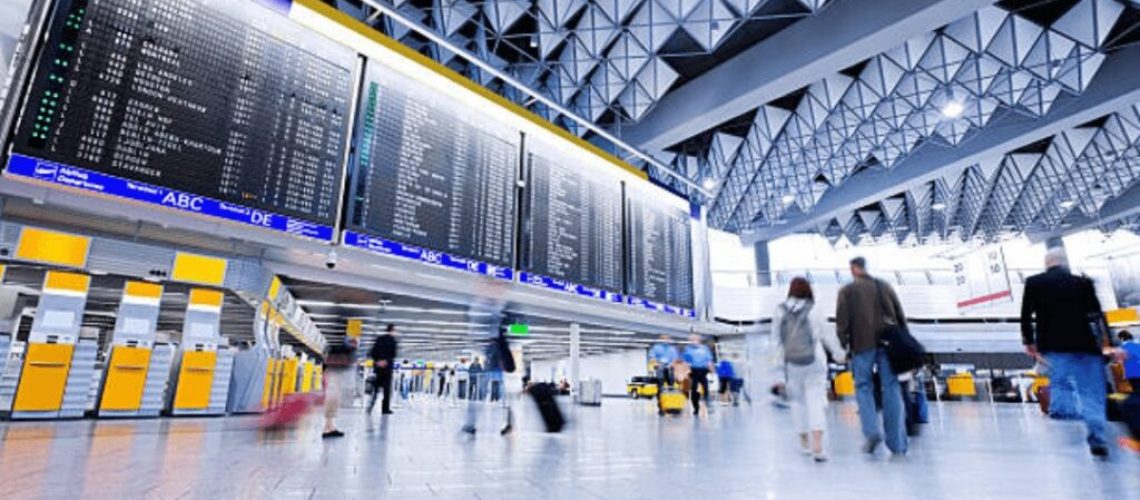
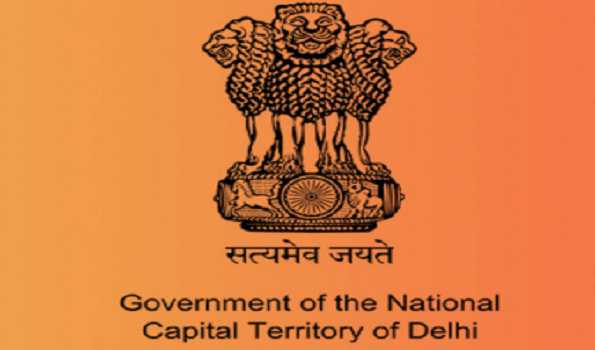















.jpg)




